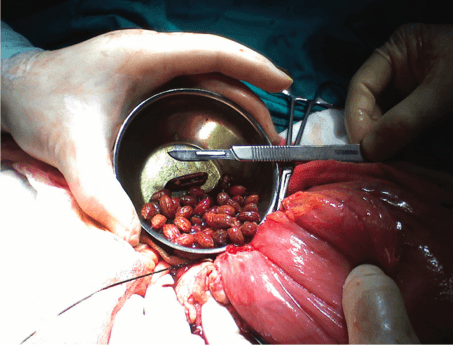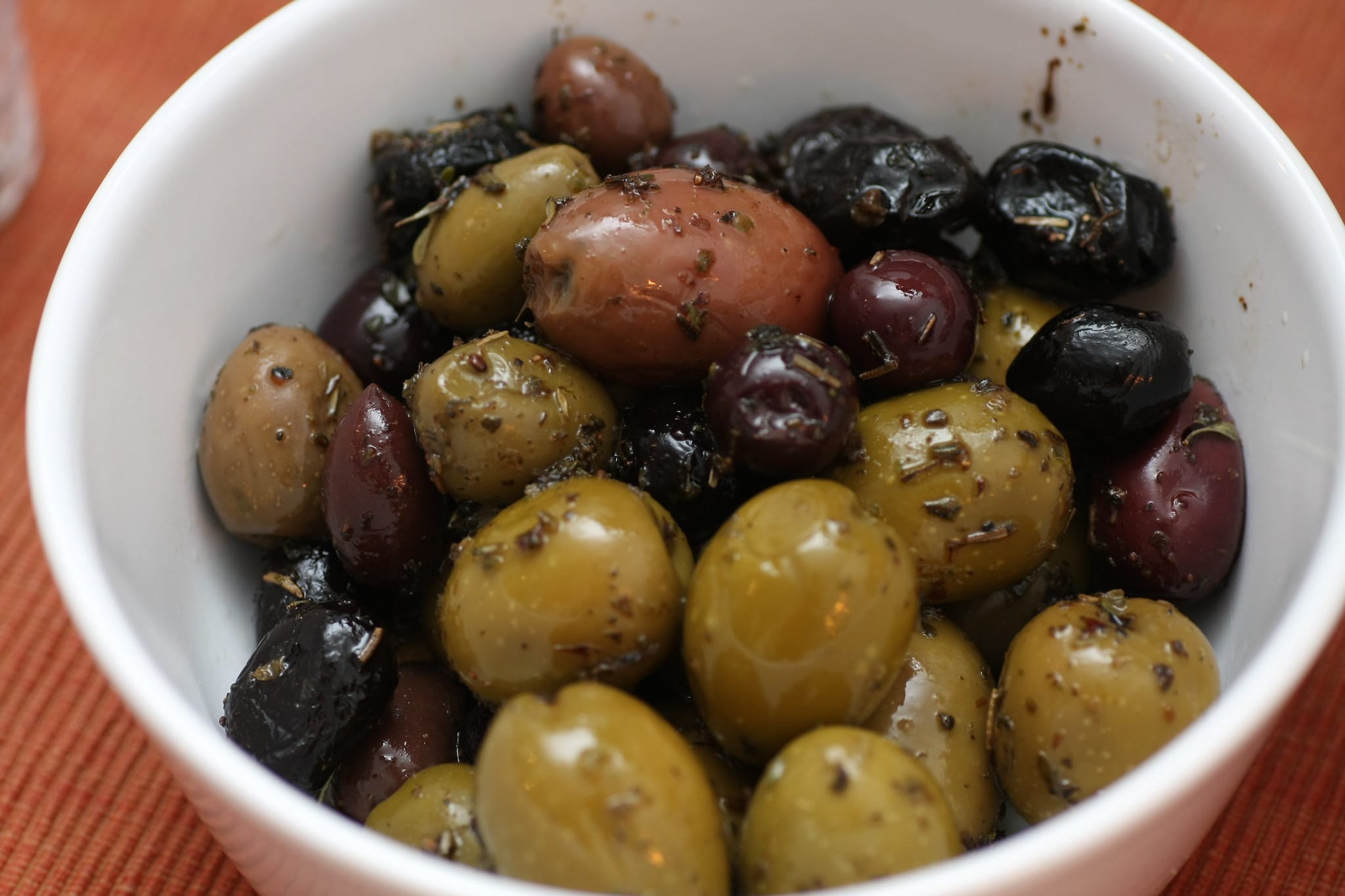It is widely believed that the fruits of the olive tree should be eaten together with the seeds, as they have a beneficial effect on a number of organs and systems of the body. We decided to check if this is true.
Pits from olives and olives attributed to many healing properties: supposedly they dissolve kidney stones, get rid of tartar, relieve shortness of breath and back pain, facilitate symptoms of asthma and pulmonary failure, withdraw toxins and wastes from the body (the myth about whether wastes and toxins exist in principle and whether they need to be removed, we have already sorted it out previously). They report, that “olive seeds are recommended for use by people with osteochondrosis, pinched nerves, damaged ligaments and muscles.” Reportedly users, olive pits can even prevent cancer. Question usefulness these seeds are discussing on numerous forums.
Olives and black olives are fruit olive tree (also known as cultivated olive), a subtropical evergreen plant. The olive tree is native to the southeastern Mediterranean. And the cultivated form, in addition to its original habitat, grows on the Black Sea coast, including Russia, Central Asia and the Middle East - Turkmenistan, Iraq, Iran, Pakistan, parts of China and Indonesia, North Africa, Central, South America and certain regions of North America. In Russian, it is customary to call black fruits olives, and green ones - olives. However, in English there is no such division; both types of fruits are called olives, while indicated their colors are black olives and green olives.
Olive contain significant quantity vitamins: A, B3 and B6, C, E and K - as well as iron, calcium, potassium and copper. Olives are part of the so-called Mediterranean diet, which has scientifically proven health benefits. In particular:
— reduces risk of developing certain types of cancer (uterus, mammary gland, intestines, stomach);
— improves tolerability of immunotherapy and forecast melanoma survival;
- by 17% reduces risk of stroke;
— reduces risk of developing type II diabetes.
At the same time, as part of the Mediterranean diet, olives are consumed as fruits, and olive oil is also used. Ingestion of seeds is usually not mentioned separately in her descriptions. At the same time, olive pits are common as a folk remedy in many countries - in Bulgaria, Turkey and Greece. There are regular medical reports from these countries about this practice. True, these reports concern diseases that are not cured with the help of bones, but, on the contrary, acquired.
In 2010, Turkish doctors described a case of a perforated duodenal ulcer and a significant volume of phytobezoar (a foreign body in the stomach, a calculus of undigested plant fibers) from olive pits. The patient, a 43-year-old housewife with, as the doctors wrote, “low socioeconomic status,” learned this treatment recipe from a TV show featuring “quasi-medical charlatans.” Complaining of abdominal pain, she was hospitalized. X-ray diagnostics did not show any accumulation of pits, but only free air under the diaphragm, since olive pits are radiolucent. It was decided to perform a diagnostic laparotomy - an abdominal operation that involves opening the abdominal cavity. The stomach was greatly enlarged in size, overstretched and filled with undigested bones, and a perforation, that is, a hole, was found in the pylorus (the junction of the stomach and the duodenum). The patient was saved, her bezoar was removed and the perforation was closed. After the operation, she reported that, on her advice, her husband also swallowed olive pits. Doctors examined the man, but he was luckier and did not require surgery. Doctors strongly advised both to refrain from ingesting olive pits in the future.

Previously, in 1996, a 40-year-old man from Bulgaria also hit on the operating table, deciding to cure a peptic ulcer according to an old folk recipe. As a result of the “treatment”, almost complete pyloric stenosis developed - blockage of the opening leading from the stomach to the duodenum, and severe bleeding. The only chance of salvation was gastrectomy, that is, amputation of the stomach. Doctors removed ⅔ of the organ, the man survived.
Olive swallowed with pit became the reason for going to the hospital and a 24-year-old man from Belgium. He was much luckier than patients from Turkey and Bulgaria, and did not require surgery. Doctors discovered that the undigested olive and pit had become attached to the wall of the small intestine, hospitalized the man, prescribed steroids to reduce inflammation in the intestines, and the olive and pit were soon passed out in the feces. At the same time, the olive “helped” doctors find a serious disease in the man—nonspecific ulcerative colitis, or Crohn’s disease. Changes characteristic of it were discovered during diagnostic procedures.
As we can see from the described cases, eating olives with pits is in itself dangerous and can lead to extremely negative consequences. At the same time, people's advice is not groundless. In 2018, Turkish scientists researchedHow the substances contained in the seeds, when treated with gastric juice, affect the body. Conducting experiments in vitro, that is, in a test tube, without the participation of people, they found that the substances contained in the seeds have anti-inflammatory, antioxidant and mild analgesic properties, that is, they have further potential for researching their use in the pharmaceutical industry. In their work, the authors noted that these substances have promise, but traditional treatment by swallowing whole seeds is extremely dangerous.
Thus, olive pits actually contain beneficial substances that may be used in medicine in the future - primarily to reduce inflammation. However, the traditional method of use, namely swallowing the seeds or eating whole olives with them, is quite dangerous, as it can lead to problems with the intestines and stomach, including amputation of a vital organ.
Cover image: Flickr

Not true
Read on the topic:
- Is it true that the body needs to detox to remove toxins?
- Is it true that eating salt is harmful?
- Is it true that if you eat a lot of sweets, you will develop diabetes?
If you find a spelling or grammatical error, please let us know by highlighting the error text and clicking Ctrl+Enter.






